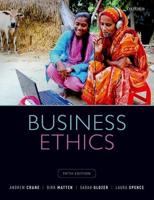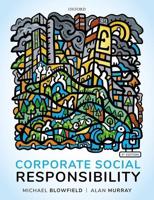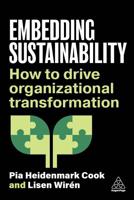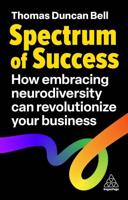Publisher's Synopsis
Living in the days of unethical debacles caused by professional and educated business people can easily symbolize human beings as animals who would do what they can to live and survive. However, a human being must be regarded as a social being whose development has been different from that of animals because of social relationships, cultures, and his or her concept of good and evil. This evolutionary advantage is based on morality and ethics demonstrated by honest individuals throughout the world in various industries. Moral development theorists have been concluding that as human beings mature, that is grow older and gain more experience, their ethical values tend to improve and they will become morally sophisticated. Research in human behavior suggests that individuals develop their ethical values through their family life, school, and other social influences. Business Ethics of Retail Employees is based on primary research with 602 retail employees and managers using the Personal Business Ethics Scores (PBES) survey. The PBES measures personal commitment to integrity, honesty, and observance of the laws regulating current business activities. The results of this research suggest that age, supermarket management experience, education, and gender are factors which impact the moral development of retail associates and managers. The question posed is "How ethical are modern workers?" and it turns out that they appear to be very ethical based on their PBES survey findings. If people are the common denominator of success and effectiveness, then the best way to promote fairness and cooperation, and to improve and empower employees, is to properly educate them so they can take personal responsibility for their own decisions, whether personal, professional, or business-related. The Business Ethics of Retail Employees book can help in this education process as it is a recommended reading for retail managers, trainers, human resource professionals, and business students.










